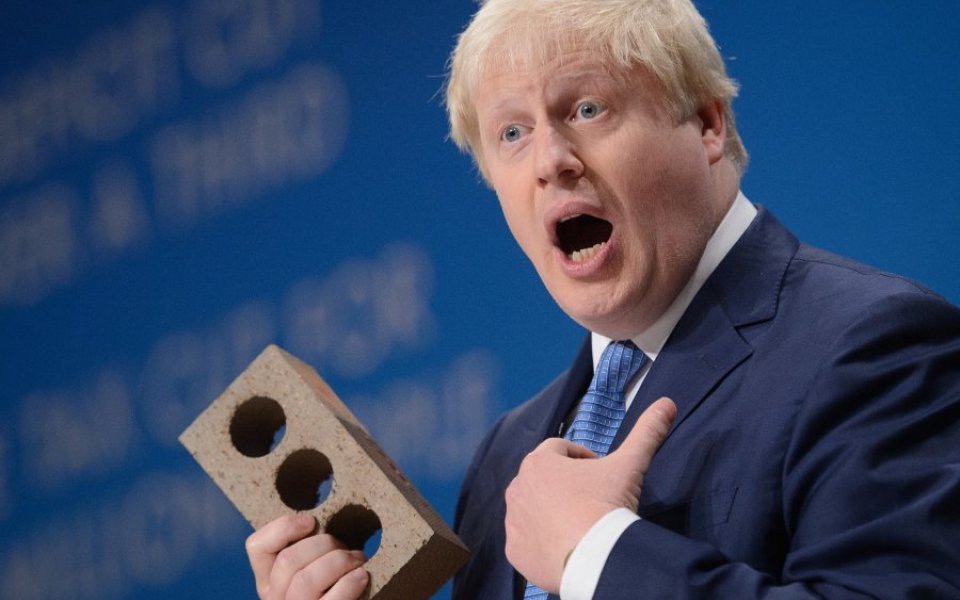Why TfL running London trains is actually a terrible idea for the capital

Whenever something does not work properly, we demand a “fat controller” to sort it out – especially when it comes to trains.
Sure, there are many aspects of our transport system that are grossly unsatisfactory, but, certain facts do stand out and they do not point in the direction of more state control of the railways as has been proposed in the case of London commuter services.
Firstly, there was the doubling of passenger traffic on rail from 1995 to 2014. There were a number of causes of this, but it is difficult to deny that the marketing and pricing strategies of the privatised operators were important.
Read more: London's train shake up will revolutionise the capital
On the other hand, we have a government that seems obsessed with vanity projects such as HS2 whilst it presides over a rail infrastructure network that is unable to provide necessary extra capacity in the south east or use existing capacity better. In other words, the private operating companies – for all their faults – would seem to be doing much better than the nationalised rail infrastructure provider.
Indeed, the last year or so has been particularly catastrophic for the rail network. We had the ‘Christmas chaos’ at King’s Cross and Paddington on 27 and 28 December 2014, which resulted from overrunning engineering work.
The debacle was quickly followed in early January 2015 by serious overcrowding problems at London Bridge station. By the end of financial year 2014-15, Network Rail had missed 30 out of its 84 planned milestones in its Enhancements Delivery Plan.
It is not the privatised bit of the rail network that is causing the problems so why hand over commuter services to Transport for London?
Network Rail has failed to reach its targets for ensuring punctuality and reliability, has under-delivered renewal work, and fallen short on its efficiency improvement objectives.
Indeed, Network Rail is responsible for 60 per cent of delays on the network – and it is these delays that normally get the chattering classes chuntering about ‘renationalising the railways’, even though it is the nationalised infrastructure provider that is responsible for them.
Read more: Everyone agrees TfL running London's trains is brilliant
There are good reasons for reform, but not for handing over control of operations to Transport for London.
The separation of the ownership and operation of the track from the trains is probably not sensible in most of the network – especially the commuter network – though it may have some benefits in some parts of the country. We do need better integration.
However, instead of putting more of the network under the control of politicians – the model that left people standing for hours at London Bridge in early 2015 – we should put the whole lot back into to private sector which built and integrated the system in the first place.
We should start by re-privatising Network Rail and we should then allow it to merge with private operating companies. We should certainly not be giving control of the commuter network to Transport for London. As HS2 shows, when politicians run trains, they play to the gallery and not to the customer.